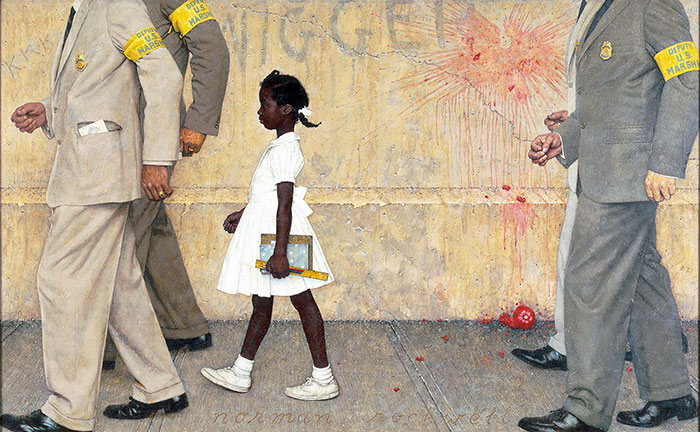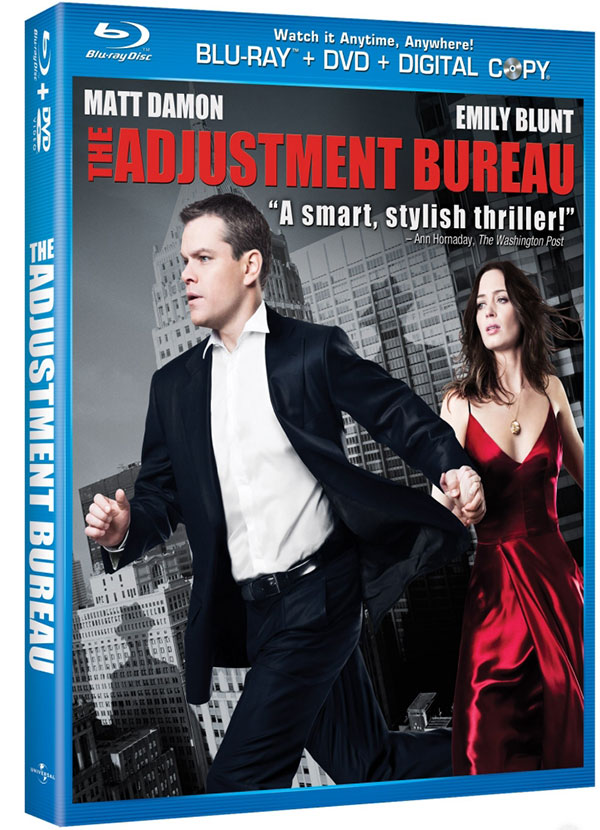Though the absolute reinterpretation or reconstitution of democracy are not nigh (but perhaps necessary?), it is high time that the reexamination and the readjustment of electoral democracy are. A-lot-lately, the reexamination and readjustment of electoral democracy gets ‘corrected’ at the behest of the courts. From Bush versus Gore to Akufo-Addo versus Mahama, and now Kenyatta versus Odinga, the entanglement that results when nation-states mix intransigent subsets of their electorate with a set of singularly-minded political candidates should make one wonder if electoral commissioners’ duties should be subsumed by Supreme Court Justices or perhaps be replaced by a China-styled politburo, as Xi confidently suggests. After all, a duel is singularly on everyone’s mind, and nary compromise and/or consensus. What gives?
Discourse and recourse in politics or governance have glaringly and quite frequently enough required that Justices dispense ration at reason; or is it vice versa or otherwise? Then also, think back to when Thurgood Marshal had to drag his America into the courts in order that the practice of de-facto democracy could better approximate the aim of its de-jure democracy. And when now, the wrangling associated with elections which grant winner-take-all endgames allows one to adjudge that democratic practices the world over—weary as they have been—are beginning to stand on weakened legs and be of slouched postures. Either-which-way, the halo of dispassion which the courts wear has accorded them high respect with which to adjudicate politics, as that of walking sticks to the hobbled.
Politicians, with their adherents in tow, are incapable of adhering to fairness. Particularly the sort of fairness that plays genuinely with truth. But truth is not a court’s forte; facts are (but they are not!); or is it simply evidence—factual, truthful or otherwise—which passes muster? Rather, it ought to be argued that the courts are the accepted scribes of fiction; the sort of fiction which—we all accept—should scribe the way how we want to govern ourselves. Governance is naturally artificial, you know. But, this is not to say that court proceedings are ultimately fictitious as they appeared to K’s mind and as wrung and wrought from Kafka’s pen and mind respectively. It is the aura (not halo, mind you) of impartiality that courts enjoy—and as K detested of both—which gets us all somewhere, however begrudgingly. Jurisprudence sorts, shifts and scribes evidence so as to arrive at judgment; we have accepted this – as in, it, the court, adjudges and so we, the public, acquiesce.
The facts of and the truth in politics are neither kind to a loser nor is it of a situation that allows a victor to feel august. Victors appear to be in purgatory given that losers—and so do victors—habitually and perpetually humble the truth and manhandle facts, so-much-so that an election seems for naught. Yet, and again, we the public citizen, however dogged, adhere to the dictums of democracy and dispense baton-clad law enforcers along with their horses plus a water canon or two for its cause.
Spain versus Catalonia and Kenyatta versus Odinga provide fodder for discussion as regards the loose cannon that is democracy by court order and/or because of a constitution’s dictates, not to forget as backed by the force of the law. For instance, what ought to happen in Kenya given current schisms and their continuing developments or, surely, many may recall what had to happen for Ruby Bridges to attend school?

And for what reason does, should and will the public ultimately acquiesce or forfeit to the courts? Is it because (as Aristotle surmises)…
“…that the law is also reason. Reason unaffected by desire. Reason free from passion [whereas the electoral process, we’ve realized, is not]…,”
…such that we would rather defer to a Thompson-like figure (a la the movie “The Adjustment Bureau”) so that s/he may arbitrate and adjust our love/hate relationship with politics which is overly-emotional if not also irrational as well as arbitrary and yet oh-so consequential?
Would “Thompson” not say – “I want you all to win at this and many more elections to come.”?
So let’s (this notwithstanding Thompson)!


